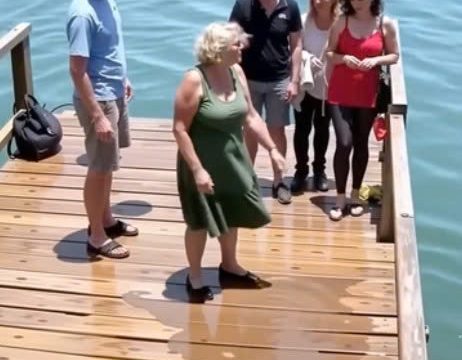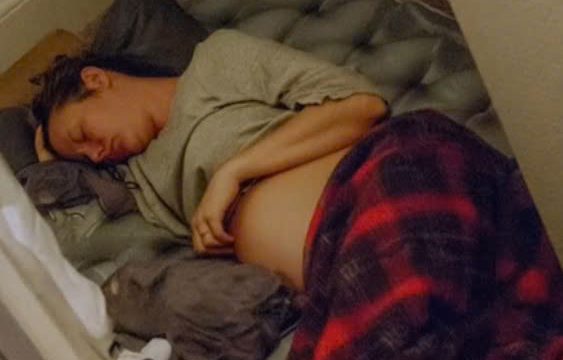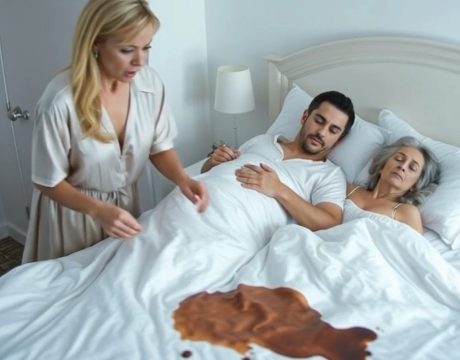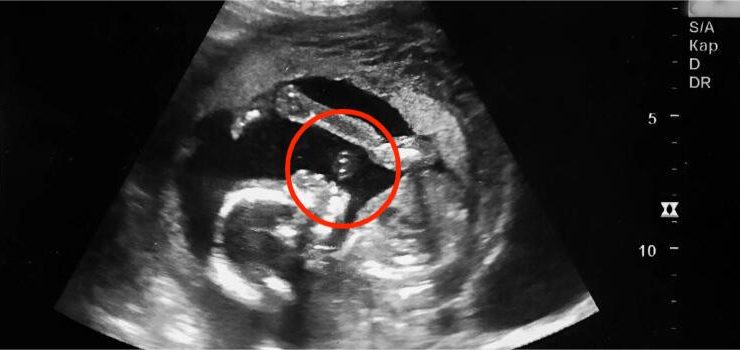Back in ninth grade, I had long, beautiful hair that I absolutely adored—it was my comfort and pride. Then one day, out of nowhere, my mom took me to a barbershop, not a salon, and told the barber to cut it all off, short like a boy’s. I was horrified and started crying, but she insisted it be even shorter.
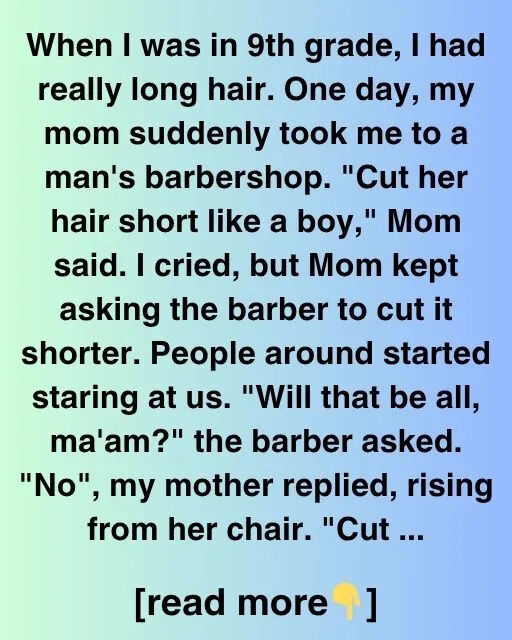
The barber, clearly uncomfortable, kept glancing at me in the mirror as thick locks of my hair fell to the floor, but my mother’s stern look kept him going. When it was over, I didn’t recognize the girl staring back at me from the mirror. I felt stripped of my identity. We left in silence, her gripping my wrist tightly, dragging me down the sidewalk as if I were the one who’d done something wrong. That cold breeze hitting my scalp for the first time made me feel utterly exposed. I remember locking myself in the bathroom that night, staring at my reflection for hours, unable to understand why she had done this to me. My hair had always made me feel pretty, secure, and seen. The next day at school was even worse—gasps, whispers, some laughs, and one boy I liked even chuckled behind his hand. I felt like disappearing. My friends tried to cheer me up, saying it was “just hair,” but it wasn’t. It was a part of me. I started wearing hoodies, hiding under hoods, avoiding mirrors, skipping lunch, and slipping academically.
Teachers asked if everything was okay at home, and I’d lie with a forced smile. My mom never noticed, or maybe didn’t care. When I finally asked her why she did it, she said, “You were getting too vain. I had to teach you a lesson,” then went back to scrolling on her phone. Something inside me broke that night. As the months went by, my hair slowly grew back, but the pain lingered. I found refuge in the library, reading stories of other girls overcoming their own heartbreaks. That’s when I started to dream of healing, of a mother who might one day say sorry. Then one day, a new girl named Nura arrived at school, her hair even shorter than mine had been, but she carried herself with bold confidence. She sat next to me in class and complimented my hoodie.
We clicked instantly, bonding over our confusion in math class, and soon became close friends. She told me she had cut her hair by choice to donate it to children with cancer, and that inspired something in me. I told her my story, and she didn’t flinch—she just held my hand and said, “Hair grows back, and so does your spirit.” Those words stuck with me. I started removing my hoodies, walking taller, engaging in class, and slowly making friends again. My grades improved.
That same boy tried talking to me again, but by then, I no longer needed his attention to feel good about myself. My home life remained tense, but things shifted when I saw my mom crying one night over a stack of unpaid bills. I felt a mix of emotions but kept my distance. A week later, she was sitting on my bed when I got home. She looked exhausted and older, and she admitted, for the first time, “I know I hurt you. I was scared and losing control.” That moment didn’t erase everything, but it cracked open a door. We began to talk more, fight less, and slowly rebuild our relationship. We’d watch movies again, bake together like we used to. My hair reached my shoulders by the end of tenth grade, and I got it trimmed at a salon—with her by my side this time. The stylist asked what I wanted, and for the first time, I had the power to choose. I asked for layers and soft waves, and when I saw the final look, I almost cried—not from pain, but from joy. People complimented me at school, but I’d grown past needing their approval. I joined the debate club, something I’d always been too shy to do, and eventually earned an award for “Most Improved Speaker.” I invited Mom to the ceremony, and she clapped louder than anyone when my name was called. That summer, Nura and I started “Locks of Hope,” a school club to collect hair donations for children undergoing cancer treatment. We planned events, made posters, and recruited students to donate. Mom helped bake cookies for our first fundraiser. I saw firsthand how something born from pain could become a source of healing for others. One day, I helped a little girl try on her wig, and she cried tears of joy. Her mother hugged me and whispered, “You have no idea what this means.” In that moment, I realized how far I’d come—from the girl sobbing in the barbershop to someone who could help another find their smile. Mom and I still have our ups and downs, but now we talk through them. She opens up about her past, about the expectations placed on her growing up, and I see her as more than just my mother—I see her as someone still learning, still healing. I gave a speech at a school assembly about empathy and shared my story, and afterward, classmates came to tell me theirs. I realized I wasn’t alone. And if you’re reading this and feel like someone has taken away your control or made you feel small—please know that you can reclaim yourself. Healing takes time, but it’s possible. You’re stronger than your worst day. Sometimes, what breaks us also builds us. And sometimes, a haircut isn’t just a haircut—it’s the start of something bigger.
